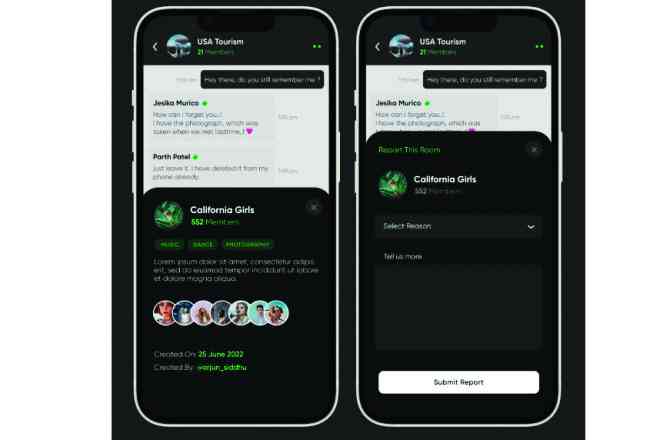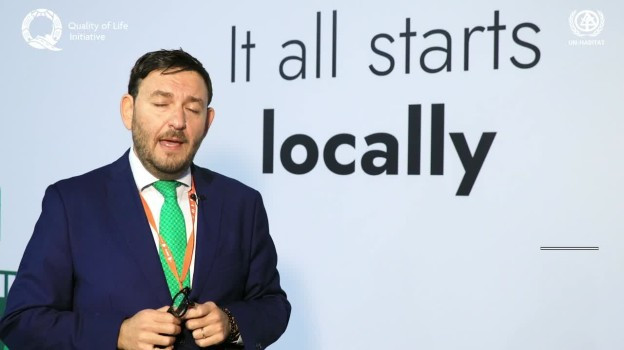
IN Zimbabwe, the rise of mobile app and website cloning is posing new cyber security risks to both businesses and consumers.
Cloned websites and apps are fake versions of real platforms, designed to look identical to trusted services like banking, shopping or government portals.
These clones trick users into entering sensitive information, such as passwords, credit card numbers, or personal data, that criminals then steal for financial gain.
What is app and website cloning?
Cloning involves creating a fake version of a legitimate website or mobile app. Cybercriminals mimic popular platforms’ names, logos, designs, and even domain names to mislead users.
For example, a cloned banking app might look identical to the original, but it is actually capturing login credentials.
This tactic is particularly dangerous for people who rely on mobile money, mobile banking, e-commerce and government websites, as many Zimbabweans do.
Once hackers have users’ personal information, they may drain bank accounts, commit identity fraud or conduct other crimes in the victim’s name.
- Protect yourself on the cyber space
- How scammers execute fraudulent transfers from firms to their accounts
Keep Reading
Why is cloning on the rise in Zim?
Several factors make Zimbabwe an attractive target for cloning scams:
Increased use of mobile banking: With mobile money services like EcoCash widely used, cybercriminals see a lucrative opportunity in cloning these platforms to steal funds from unsuspecting users.
Lack of awareness: Many Zimbabweans are unaware of cloning threats and may not know how to identify a cloned site or app. Cybercriminals exploit this lack of awareness, knowing users may trust a familiar-looking site or app.
Limited cyber security protections: Many people do not have strong cyber security measures on their devices, making them more vulnerable to phishing, fake apps, and cloned websites.
Internet connectivity growth: As more Zimbabweans access the internet, especially on mobile devices, cybercriminals have a larger pool of potential victims. This increased connectivity also opens the door to more digital scams.
How to spot a cloned website or app
Recognising a cloned website or app can be difficult, but there are a few warning signs to watch out for:
Check the URL or app name: Cloned websites may have slight misspellings in their URLs, such as “ecocashx.co.zw instead of “ecocash.co.zw” Similarly, cloned apps may have small differences in names.
Look for HTTPS: Legitimate websites, especially for financial services, use HTTPS in their web address. Although not fool proof, HTTPS indicates the site has encryption to protect your data.
Beware of pop-ups and ads: Cloned sites often display unusual pop-ups or excessive ads. If a site looks cluttered with promotions, it could be fake.
Avoid downloading from unverified sources: Download apps only from official stores like Google Play or the Apple App Store. Third-party sites may host cloned apps that install malware.
Steps to protect yourself
Zimbabweans can take several precautions to protect themselves from cloning scams:
Use strong passwords: Avoid using simple passwords and enable two-factor authentication (2FA) whenever possible for added security.
Be wary of unsolicited links: Avoid clicking on links from unknown sources, especially those claiming to offer deals or require urgent action.
Update your software regularly: Keeping your mobile apps and operating systems up-to-date helps protect against known security vulnerabilities.
Verify official accounts: Check that the website or app is verified by the official company. For example, if you use EcoCash, visit the official site or app store listing to confirm authenticity.
As mobile app and website cloning increases in Zimbabwe, awareness and caution are essential.
Protect yourself and your information by learning to recognise signs of cloned platforms, using official channels and enabling security features. Being vigilant is the best defence against these growing threats. Protect yourself on the Cyberspace.
- Mutisi is the CEO of Hansole Investments (Pvt) Ltd. He is the current chairperson of Zimbabwe Information & Communication Technology, a division of Zimbabwe Institution of Engineers. — +263772 278 161 or [email protected]











